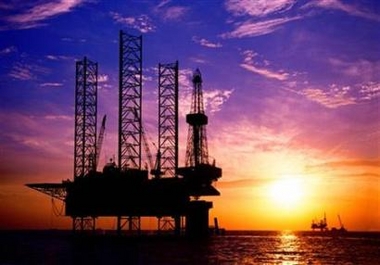
ABUJA — Stolen Nigerian oil worth billions of dollars is sold every year on international markets, and much of the proceeds are laundered in world financial centres like Britain and the United States, a recent report said. Reuters
An estimated 100 000 barrels per day (bpd) of oil was stolen from pipelines in the Niger Delta in the first quarter of this year, the report by London-based Chatham House said, not including the unknown quantities stolen from export terminals.
The theft amounts to around 5% of Nigeria’s current two million bpd production but has a wider impact because oil companies are often forced to shut down pipelines due to damage caused by thieves. Nigeria is producing 400 000 bpd below its capacity, mainly due to theft and pipeline closures.
The activity costs Africa’s second biggest economy an estimated US$5 billion a year in potential revenue.
While oil majors like Royal Dutch Shell and Italy’s Eni are often the first to complain about theft, it is unclear how much they are losing from it.
A measure of acceptable losses may be keeping them from taking determined preventive action, the report said. Oil firms do not pay royalties on stolen oil.
“Nigerian crude oil is being stolen on an industrial scale. Proceeds are laundered through world financial centres and used to buy assets in and outside Nigeria,” said the 70-page report, entitled Nigeria’s Criminal Crude.
“Thieves have many ways to disguise funds… including cash smuggling, delayed deposits, use of middlemen, shell companies and tax havens, bribery of bank officials, cycling cash through legitimate businesses and cash purchases of luxury goods.”
- Chamisa under fire over US$120K donation
- Mavhunga puts DeMbare into Chibuku quarterfinals
- Pension funds bet on Cabora Bassa oilfields
- Councils defy govt fire tender directive
Keep Reading
The report named the United States, Britain, Dubai, Indonesia, India, Singapore and Switzerland as likely money-laundering hotspots, and the United States, Brazil, China, Thailand, Indonesia and the Balkans as the most likely destination for stolen oil.
Multiple criminal groups, some as small as a family unit, operate independently. Foreign oil majors sometimes seem willing to overlook it, evidence from dozens of interviews showed.
Specific individuals or companies were not named.
“IOCs [international oil companies] pay no royalties on crude illegally bunkered… Anything stolen from the field is exempt,” it says, adding that the biggest costs are cleaning up after spills and money spent on security.
Foreign governments are doing little to stop theft, despite the risks it poses to legitimate oil markets and its links to all kinds of criminal activities. >











